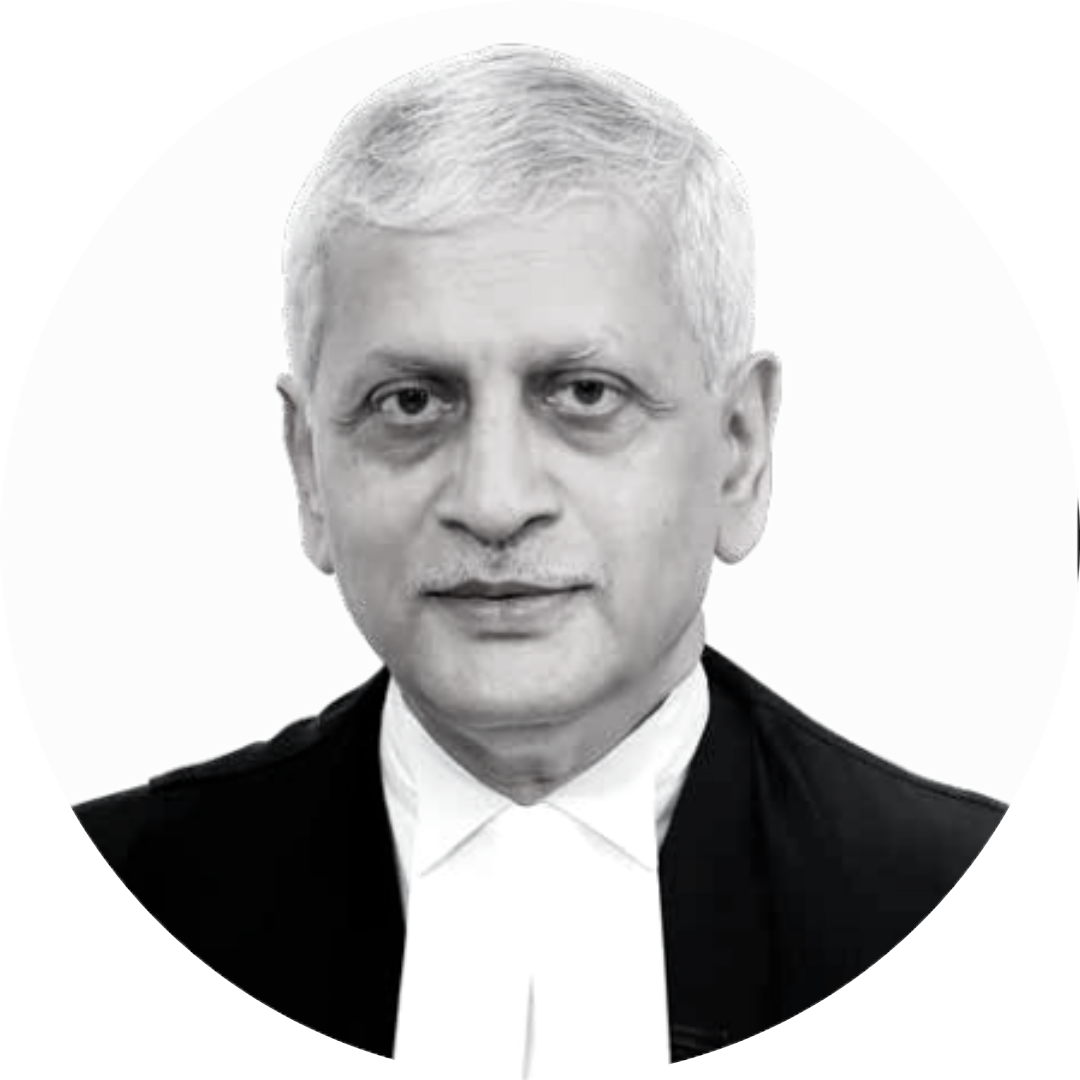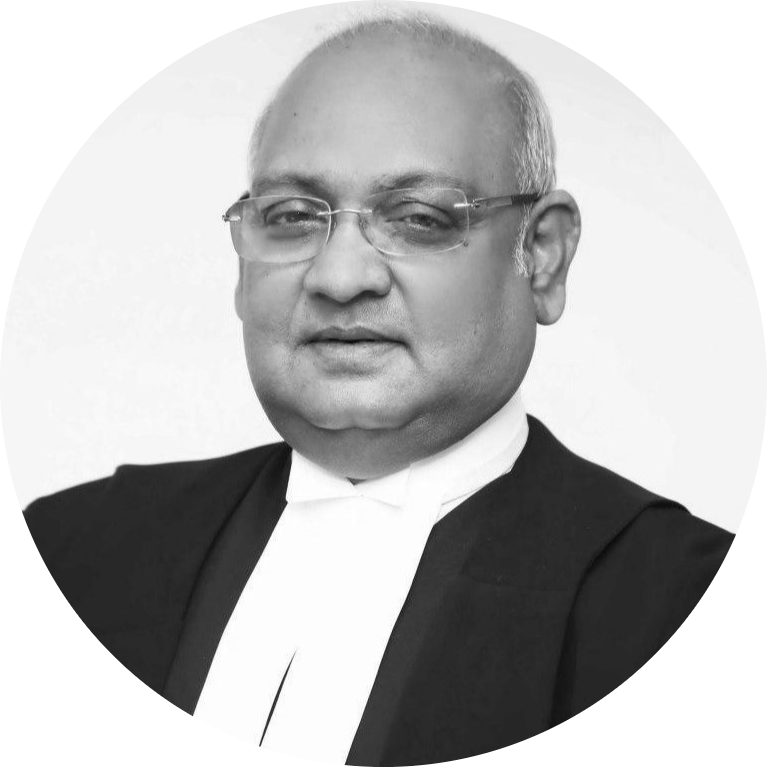EWS Reservation
Janhit Abhiyan v Union of India
In a 3-2 majority, the Supreme Court upheld the 103rd Constitutional Amendment providing EWS reservation. With this, the Court extended the net of reservation benefits to include solely economic backwardness.
Decided
Parties
Petitioner: Janhit Abhiyan Akhil Bhartiya Kushwaha Mahasabha; Youth for Equality; SC/ST Agricultural Research and Education Employees Welfare Association; Peoples Party of India(Democratic)
Lawyers: Rajeev Dhawan; Gopal Sankaranarayanan; MN Rao; Meenakshi Arora
Respondent : Union of India; Ministry of Social Justice & Empowerment; The State of Maharashtra; Ministry of Personnel, Public Grievances and Pensions
Lawyers: Attorney General KK Venugopal; Solicitor General Tushar Mehta
Case Details
Case Number: WP (C) 55/2019
Next Hearing:
Last Updated: May 26, 2023
Key Issues
Can reservations be granted solely on the basis of economic criteria?
Can Scheduled Castes, Scheduled Tribes, Other Backward Classes, and Socially and Economically Backward Classes be excluded from the scope of EWS Reservations?
Can EWS Reservations breach the 50% ceiling for reservations established by the Supreme Court in Indra Sawhney (1992)
Can States provide reservations in private educational institutions which do not receive government aid?
Case Description
On January 9th 2019, the Parliament of India enacted the Constitution (One Hundred and Third Amendment) Act, 2019 which enabled the State to make reservations in higher education and matters of public employment on the basis of economic criteria alone. The Act amended Articles 15 and 16 of the Constitution by inserting 15(6) and 16(6). It received presidential assent on January 12th 2019 and was published in the Gazette on the same day.
The Amendment under Article 15(6) enables the State to make special provisions for the advancement of any economically weaker section of citizens, including reservations in educational institutions. It states that such reservations can be made in any educational institution, including both aided and unaided private institutions, except minority educational institutions covered under Article 30(1). It further states that the upper limit of EWS reservations will be 10% (meaning up to 10% of seats can be reserved for citizens falling in the EWS category). This 10% ceiling is independent of ceilings on existing reservations.
Article 16(6) enables the State to make provisions for reservation in appointments. Again, these provisions will be subject to a 10% ceiling, in addition to the existing reservations.
More than 20 petitions have been filed challenging the constitutional validity of the 103rd Amendment. They argue that the Amendment violates the basic features of the Constitution and violates the fundamental right to equality under Article 14. In particular, they make the following arguments:
-
- Reservations cannot be based solely on economic criteria, given the Supreme Court’s judgment in Indra Sawhney v. Union of India (1992).
- SCs/STs and OBCs cannot be excluded from economic reservations, as this would violate the fundamental right to equality.
- The Amendment introduces reservations that exceed the 50% ceiling-limit on reservations, established by Indra Sawhney.
- Imposing reservations on educational institutions that do not receive State aid violates the fundamental right to equality.
At present, 49.5% of seats in education and public appointments are reserved, with 15%, 7.5% and 27% quotas for Scheduled Castes, Scheduled Tribes and Other Backward Classes respectively.
After five days of hearings in 2019, the Court had reserved its order on the issue of referring the case to a Constitution Bench. On August 5th 2020, the Court decided to refer this case to a five-judge bench.
On August 30th, 2022, the Supreme Court listed the matter to be heard, along with four other Constitution Bench matters, from the first week of September. A 5-Judge Constitution Bench led by CJI U.U. Lalit stated its intention to hear this case along with the challenge to Andhra Pradesh’s 2005 Act providing reservations for Muslims in the State.
However, on September 6th, the Bench stated that they would decide when to hear the EWS reservation case first. On September 8th the Bench accepted the issues framed by Attorney General K.K. Venugopal. They will decide:
- If reservations can be granted solely on the basis of economic criteria?
- If States can provide reservations in private educational institutions which do not receive government aid, as provided in the Amendment?
- If EWS reservations are invalid for excluding Scheduled Castes, Scheduled Tribes, Other Backward Classes, and Socially and Economically Backward Classes from its scope?
On September 27th, 2022, the Bench finished hearing arguments from all the parties and reserved Judgment in the case. In a 3:2 split, the Bench delivered the Judgment on November 7th, 2022 and declared that the Amendment and EWS Reservations were constitutionally valid. Justices Maheshwari, Trivedi and Pardiwala wrote separate concurring opinions for the majority and Justice Bhat wrote a dissent on behalf of himself and Chief Justice U.U. Lalit.
On December 6th, 2022, the Society for the Rights of Backward Communities filed a petition seeking a review of the Judgment allowing EWS reservations. On May 9th, 2023, CJI D.Y. Chandrachud led a 5-Judge Constitution Bench and dismissed the petition stating there were no grounds to review the Judgement.












